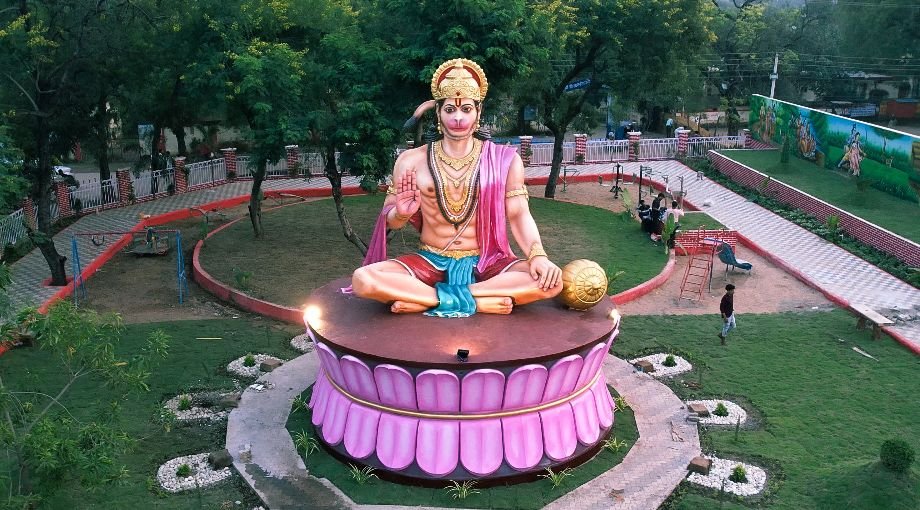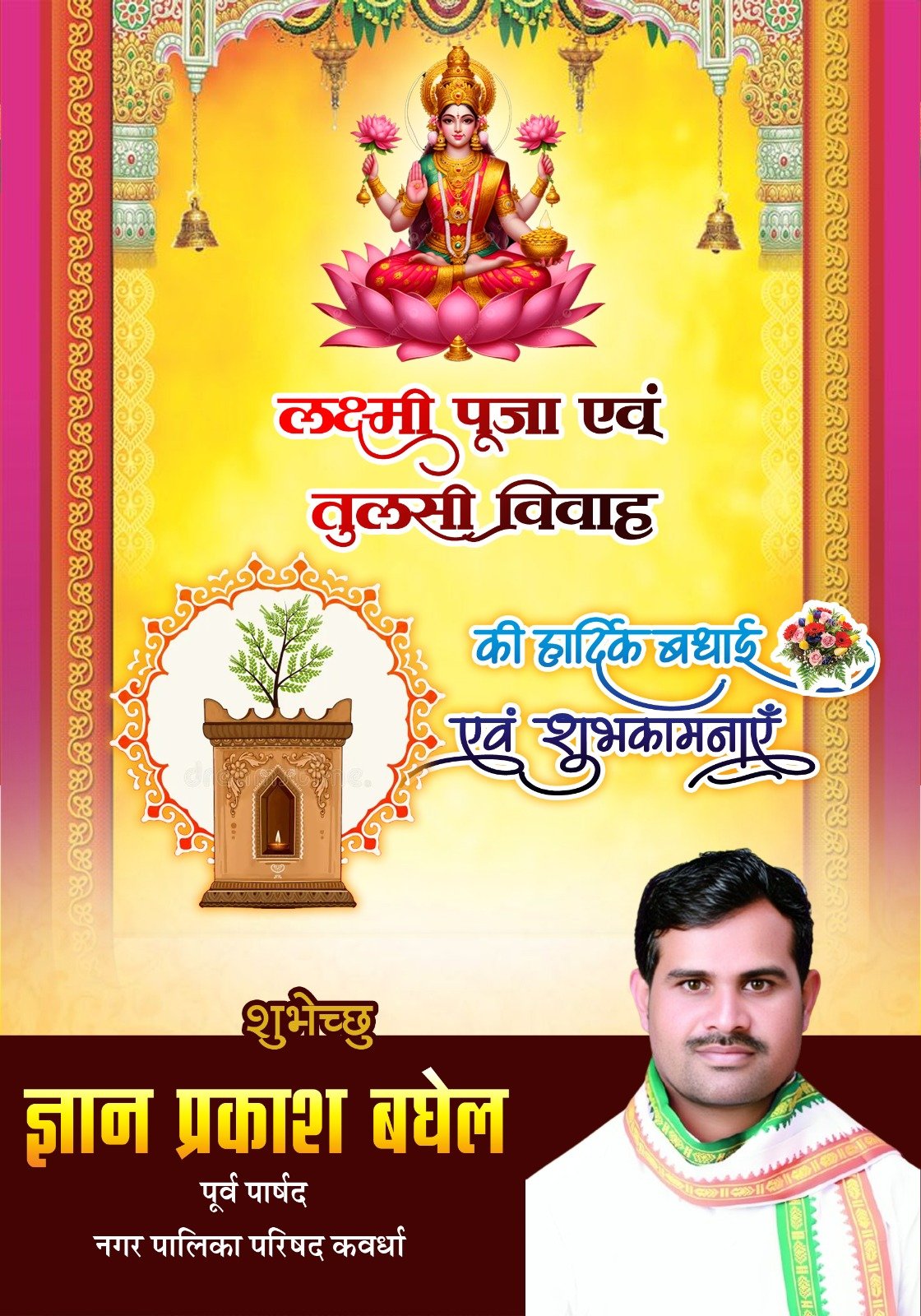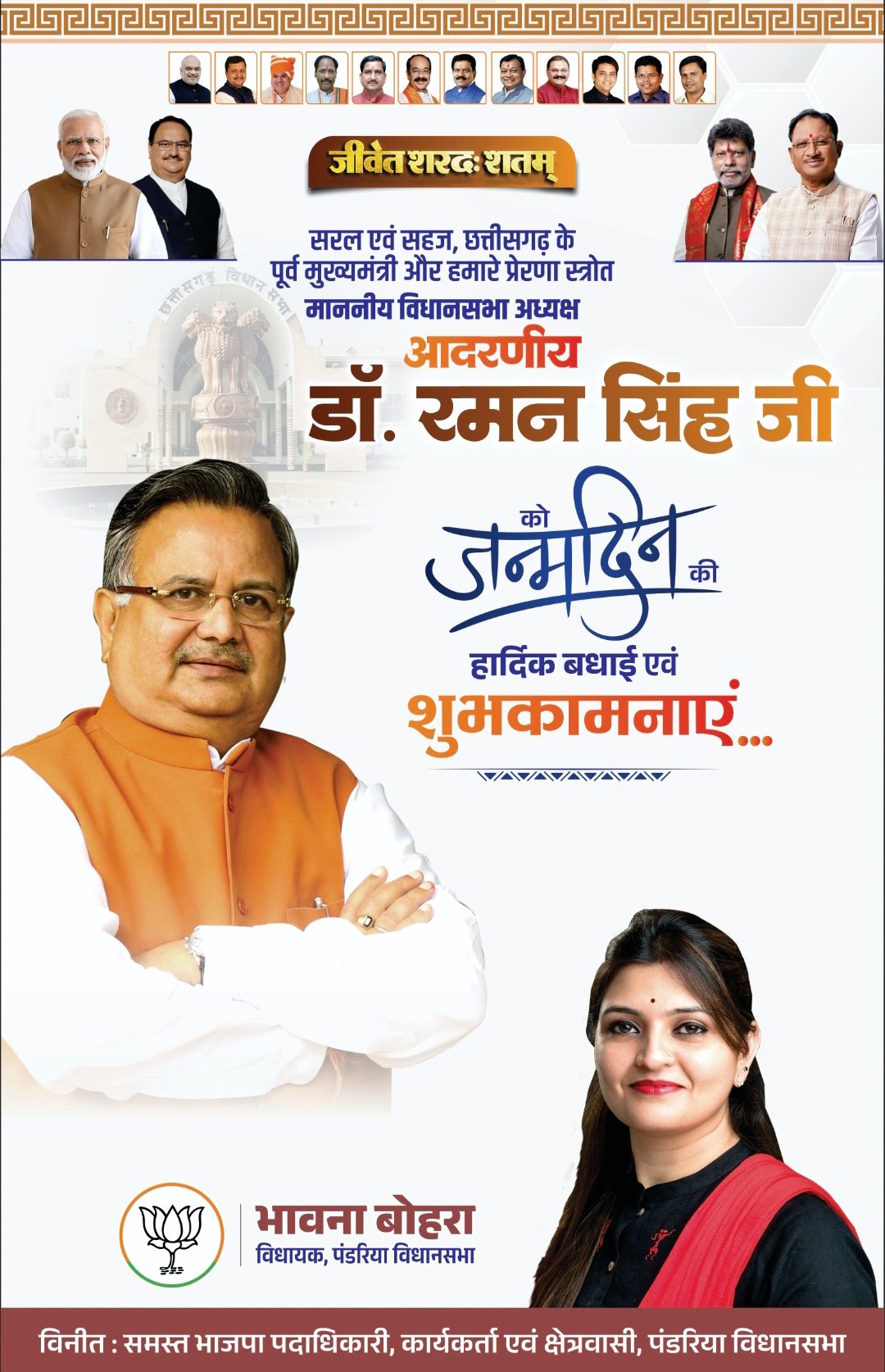1. Introduction: The Portrayal of Outlaws in Cultural Narratives and Video Games
The archetype of the outlaw has long captured the imagination of audiences worldwide, especially within the context of the American Wild West. Historically, outlaws were individuals who defied societal norms and the law, often romanticized as rebels or antiheroes. Over time, their portrayal evolved from gritty historical figures to mythic symbols of freedom, rebellion, and moral complexity. Today, video games serve as a modern canvas that both reflects and shapes perceptions of these outlaw archetypes, blending history, myth, and entertainment into immersive experiences.
Contents
2. Thematic Foundations: Why Outlaws Captivate Audiences
a. Rebellion and Anti-Authority Themes
Outlaws symbolize a rejection of societal constraints, embodying a desire for personal freedom. This theme resonates deeply in storytelling and gaming, where players often identify with characters challenging corrupt institutions. For example, in Western films and games, outlaws are portrayed as individuals fighting against oppressive systems, which appeals to the universal human longing for autonomy.
b. The Allure of Lawlessness and Freedom
The romanticized notion of living outside the law, free from societal rules, has a powerful allure. Video games amplify this by allowing players to experience a sense of uncontrolled power and independence, often through sandbox environments set in frontier landscapes that mirror the untamed Wild West.
c. Moral Ambiguity and Complex Characters
Outlaws are rarely portrayed as purely evil; instead, they often embody moral ambiguity, challenging players to reconsider notions of justice. This complexity enhances engagement, as seen in titles like Red Dead Redemption, where protagonists are multi-dimensional figures navigating blurred lines between right and wrong.
3. Historical and Cultural Influences on Video Game Depictions of Outlaws
a. Historical Accuracy versus Romanticized Portrayals
While some games aim for historical fidelity, most tend toward romanticized visions of outlaws, emphasizing heroism and adventure over realism. This reflects a cultural desire to mythologize figures like Jesse James or Billy the Kid, transforming them into symbols of rebellion rather than mere criminals.
b. Influence of Western Films and Literature
Western cinema and pulp fiction have heavily influenced game narratives, popularizing archetypes such as the rugged gunslinger or the mysterious outlaw. For instance, the iconic imagery of dusty towns and duels at high noon persists in many titles, reinforcing familiar stereotypes.
c. Cultural Attitudes Toward Outlaws and Their Reflection in Games
Cultural perspectives shape how games depict outlaws. In America, outlaws have sometimes been revered as folk heroes, whereas elsewhere they are viewed as criminals. Games mirror these attitudes, sometimes glorifying outlaws as rebels and other times critiquing their violent methods.
4. Key Elements of Outlaw Characters in Video Games
a. Character Traits: Rebellion, Morality, and Survival
Outlaw characters often exhibit traits such as independence, resilience, and moral complexity. They are survivors in harsh environments, navigating a world that often seeks to define them as villains, yet their actions may reflect personal codes of justice or survival instincts.
b. Visual and Narrative Tropes
Common visual cues include rugged clothing, firearms, and weathered features. Narrative tropes involve lone wolves, antiheroes, or misunderstood rebels, as exemplified in titles like Desperados or Red Dead Redemption.
c. The Portrayal of Violence and Lawlessness
Violence is often depicted as a necessary means for survival or personal justice. Games grapple with balancing realism and sensationalism, sometimes glorifying gunfights, while at other times critiquing their brutality.
5. Case Studies of Video Games Reflecting Wild West Outlaws
a. “Bullets And Bounty”: A Modern Reflection of Outlaw Themes
This game exemplifies how contemporary titles incorporate outlaw principles—rebel characters, lawless environments, and moral choices—into modern gameplay. It demonstrates that the core themes of rebellion, survival, and moral ambiguity remain timeless. For readers interested in exploring such narratives, consider buy bonus feature to enhance your gaming experience with additional content.
b. “Payday 2”: Wild West-style Bank Heist as an Outlaw Scenario
While not set in the Wild West, Payday 2 captures outlaw dynamics through its emphasis on criminal rebellion against societal norms. The game’s cooperative heist mechanics echo outlaw themes of lawless enterprise and strategic defiance.
c. Exploration of Other Titles (e.g., Red Dead Redemption, Desperados)
Titles like Red Dead Redemption and Desperados showcase detailed narratives of outlaws, blending historical accuracy with mythic storytelling. These games emphasize environment, character depth, and moral choices, reinforcing the enduring appeal of outlaw archetypes.
6. Thematic Parallels Between Video Games and Outlaw Mythology
a. The Outlaw as a Rebel Against Authority
Both myth and modern gaming depict outlaws as figures challenging corrupt or oppressive systems. This rebellious image sustains their appeal as symbols of resistance and independence.
b. The Robin Hood Complex and Justice
Some outlaw characters are portrayed as Robin Hood-like figures, stealing from the rich to aid the poor. This complex moral stance invites players to evaluate notions of justice beyond legal boundaries.
c. Outlaws as Antiheroes: Complexity and Depth
Modern games often present outlaw protagonists with nuanced motives, fostering empathy and moral reflection. This trend reflects broader cultural shifts towards understanding moral ambiguity in storytelling.
7. The Role of Setting and Environment in Reinforcing Outlaw Themes
a. Wilderness and Frontier Landscapes
Open plains, rugged mountains, and deserted towns serve as backdrops that emphasize the lawless, untamed nature of outlaw life, immersing players in the frontier spirit.
b. Towns and Lawless Settlements
Small, isolated settlements with saloons and sheriff offices highlight the thin line between order and chaos, reinforcing themes of vigilante justice and societal breakdown.
c. How Environment Shapes Player Experience and Perception
Environmental design influences immersion and moral choices. For example, shadowy alleyways or open plains may evoke feelings of danger or freedom, shaping how players perceive outlaw behavior.
8. Non-Obvious Perspectives: Ethical and Sociological Dimensions
a. Glorification versus Critique of Outlaw Behavior
Games often oscillate between romanticizing outlaws and critiquing their violence. This duality prompts reflection on the societal values surrounding law, morality, and heroism.
b. Psychological Impact of Playing Outlaw Characters
Engaging with outlaw protagonists can influence players’ perceptions of morality, justice, and authority, sometimes fostering empathy or critical thinking about societal norms.
c. Outlaws and Identity: Empathy and Moral Reflection
Playing as morally complex characters allows players to explore identities beyond conventional morality, enriching their understanding of human motivation and societal structure.
9. Future Trends: How Video Games Might Evolve in Their Reflection of Outlaws
a. Increasing Complexity and Moral Ambiguity
Future games are likely to feature protagonists with layered moral dilemmas, blurring the lines between hero and villain, echoing real-world debates about justice and morality.
b. Integration of Historical Accuracy and Myth
Advances in storytelling and research may produce more authentic portrayals that balance mythic appeal with historical fidelity, deepening players’ understanding of outlaw culture.
c. Potential for New Subgenres and Narratives
Emerging genres might combine outlaw themes with other settings, such as cyber-westerns, expanding the narrative landscape and engaging diverse audiences.
10. Conclusion: The Significance of Outlaw Themes in Video Game Culture
Outlaw archetypes in video games serve as mirrors to societal values, fears, and aspirations. Their enduring popularity underscores a universal fascination with rebellion, morality, and freedom. As games evolve, they continue to explore and challenge our perceptions, making outlaw narratives not only entertaining but also educational tools for moral reflection.
“The outlaw is a symbol of resistance — a reflection of society’s complex relationship with authority and morality.” — Cultural Analyst













